
• SODEN and Dutch fund CFM to build 76 MW biomass plant using farm byproducts
• Cocoa and rubber waste to fuel grid-connected renewable power and biofuels
• Govt targets 45% renewables in energy mix by 2030, mobilizing $2B in investment
Côte d’Ivoire is advancing its energy transition strategy by leveraging agricultural waste from cocoa and rubber production. On June 3, 2025, in Divo, local energy firm SODEN and Dutch investor Climate Fund Managers (CFM) signed a $3 million agreement to develop the world’s first national grid-connected power plant powered entirely by agricultural byproducts.
The 76 MW facility will use around 600,000 tons of cocoa shells, pods, off-grade beans, and rubber tree residues annually, with projected output of 550 GWh per year. The plant is expected to be operational by 2029.
This initiative aligns with growing efforts to develop a domestic biofuel industry. In early 2024, Italy’s Eni launched a national campaign to collect rubber seeds, once treated as waste, for transformation into vegetable oil for use in biofuel production. A separate agreement signed on May 28 between Eni and the Ministry of Agriculture aims to scale this effort and introduce new oil-bearing crops. During the pilot phase in 2023, Eni paid about CFA100 million (roughly $174,000) for 1,500 tons of rubber seeds and plans to increase procurement to 50,000 tons in 2024.
The government is targeting a 45% share of renewables in the national energy mix by 2030, including 33% from hydropower and 12% from biomass and solar. Under its National Energy Pact, Côte d’Ivoire aims to attract $2 billion in private investment to expand generation, transmission, and distribution infrastructure while promoting clean energy.
Beyond cocoa and rubber, the country is also developing renewable power plants using palm oil and cotton waste. In 2022, construction began on a 46 MW biomass plant in Aboisso powered by 520,000 tons of palm oil waste. This $200 million project, led by BIOVEA Energy, is scheduled to go online by late 2025. In 2023, the U.S. Trade and Development Agency signed a grant with Ecostar Energy to develop a 25 MW biomass plant in Boundiali, using cotton stalks as fuel.
With 1.67 million tons of cocoa output in 2023–2024, 700,000 hectares of rubber trees, and hundreds of thousands more dedicated to palm and cotton farming, the country’s biomass potential is significant. These projects aim to convert what was once agricultural waste into an engine of rural income, energy security, and industrial development.
“Each year, cocoa production generates millions of tonnes of unutilized waste, which bring no income to producers. By exploiting this still untapped resource to produce clean and reliable energy, we are transforming a national challenge into an opportunity for sustainable growth, rural prosperity, and strengthening of the energy system,” said SODEN CEO Yapi Ogou.

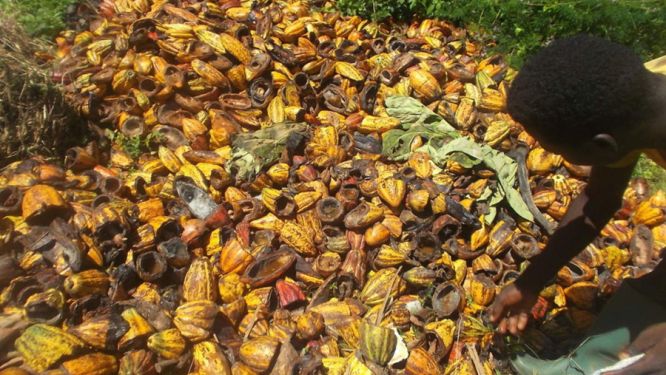

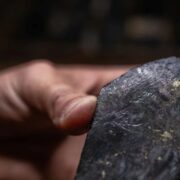
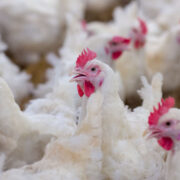


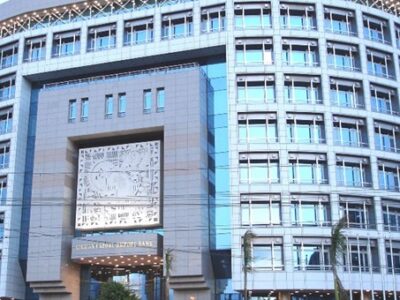
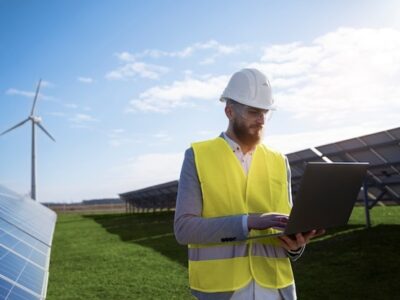


Comments